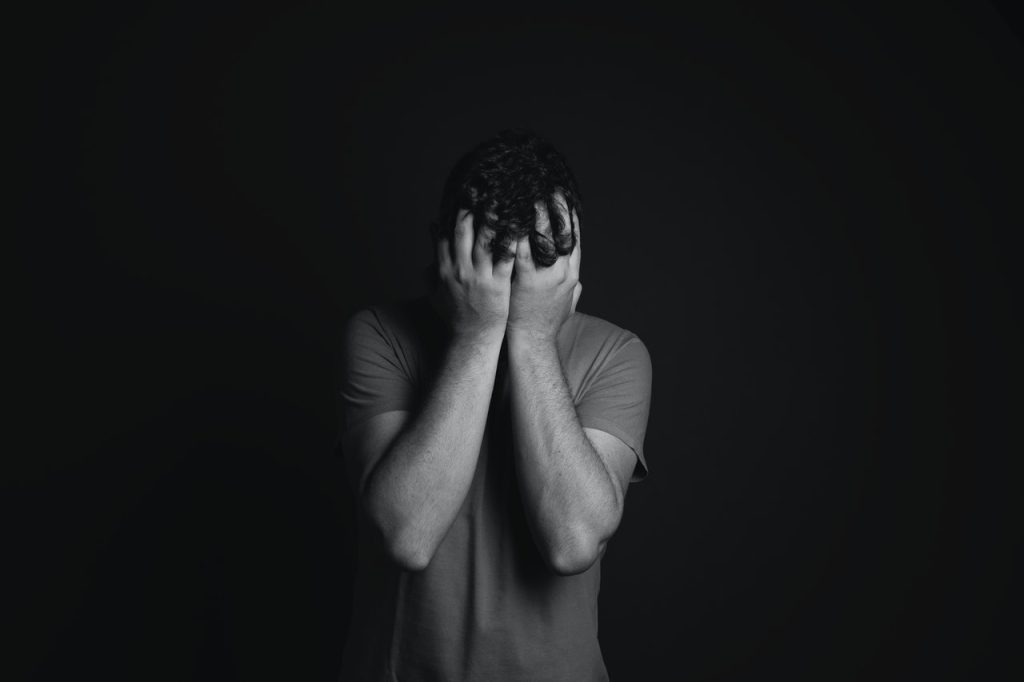Mental health and mental illness are words often used interchangeably in daily conversation. But they’re actually two entirely different things. Everyone has mental health, just like everyone has physical health. And while everyone will struggle with mental health at some point in their lives, not everyone will have a mental illness. As people become more aware of mental health and the importance of taking care of their overall well-being, it’s important to understand the key differences between mental health vs. mental illness to avoid conflating the two concepts and further contributing to the stigma.
What is Mental Health?
Mental health refers to a combination of an individual’s psychological, emotional, and social health factors. Mental health is not merely just the absence of mental illness. It encompasses how a person thinks, feels, and behaves. It’s present and essential in every period of life, from childhood and adolescence to adulthood.
Everyone has mental health, and it’s something that fluctuates over time and varies in different situations. Just like physical health, mental health can be affected by a variety of factors such as environment, lifestyle choices, and genetics.

When someone has good mental health or is mentally well, they can cope with life’s challenges, work productively, and make meaningful contributions to their community. Being mentally well also means thinking clearly, managing stress well, relating to other people, and making decisions effectively. For some people, being mentally well may mean being able to handle a high-pressure job or getting through a difficult life event like the death of a loved one. Others might define good mental health as having strong and supportive relationships, feeling good about themselves, or enjoying hobbies and activities.
Everyone deals with their mental health differently; some people might struggle with it more than others. This can be due to various factors, including trauma, chronic stress, difficult life circumstances, or mental illness.
What is Mental Illness?
Mental illness, also referred to as mental disorder or psychiatric disorder, encompasses a broad range of conditions that can affect a person’s thinking, emotions, and behavior. Mental illnesses are very common — they affect about one in five adults in the United States.

While conditions like schizophrenia or bipolar disorder are more known to the public — often because of harmful stereotypes in the media — a wide range of disorders falls under the definition of mental illness. This includes anxiety disorders, eating disorders, psychotic disorders, mood disorders, and substance abuse disorders.
Mental illness can make it difficult for a person to cope with the challenges of daily life, causing them to feel distressed and interfering with their ability to function. It’s often caused by a combination of genetic, psychological, and environmental factors. And while mental illness can develop at any age, the risk is often highest during adolescence and young adulthood.
Mental illness is treatable, but only about one-third of adults with mental illness receive treatment. This is often due to the stigma surrounding mental health and mental illness. It can hinder people from seeking the help they need to get better.
It’s important to understand the difference between mental health vs. mental illness so that people can get the support and resources they need.

Mental Health vs Mental Illness: How are They Different?
Mental health and mental illness are two different but connected concepts. Everyone has mental health, but not everyone will have a mental illness.
While mental health is an umbrella term that refers to an individual’s overall psychological well-being, mental illness is a diagnosable condition that requires treatment and interferes with an individual’s ability to function in society.
While mental health can change and differ in various situations, mental illness is more persistent and long-lasting.
Mental illness is also not a choice. It’s not something that people can just “snap out of.” And it often requires professional treatment to manage.
Tips for Maintaining Good Mental Health
Mental illness can seem incredibly overwhelming. But there are a number of things you can do to maintain good mental health:
- Get regular exercise: Exercise is not only beneficial for one’s physical health, but it can also do wonders for your mental health. Exercise releases endorphins in the body, which have mood-boosting effects.
- Eat a healthy diet: Eating a balanced diet is important for physical health but can also impact mental health. Studies have shown that eating a healthy diet can reduce the risk of mental illness and improve mental wellness.
- Get enough sleep: Sleep is crucial for both physical and mental health. Getting enough sleep can help improve mood, increase energy levels, and reduce stress. Most adults require seven or eight hours of sleep each night. Sleep-deprived individuals are more likely to experience mental health problems like anxiety and depression.
- Practice mindfulness and yoga: Mindfulness is the act of being in the present and paying attention to your thoughts, feelings, and physical sensations with a non-judgmental attitude. Research has shown that mindfulness can help reduce and alleviate stress, anxiety, and depression. Yoga is an effective way to practice mindfulness. It combines physical activity with mental focus, enabling you to pay more attention to how your body responds to situations.
- Try journaling: Journaling can be a helpful way to process emotions, work through difficult experiences, and explore your thoughts and feelings. Studies have shown that writing about stressful experiences can help reduce stress and improve mental health.

What to Do if You’re Struggling
If you or someone you know is struggling with a mental illness, seeking professional help is the best course of action and should be encouraged. Mental illness is treatable, and there are many resources available to help people manage their symptoms and live fulfilling lives.
If you’re not sure where to start, reach out to a friend or family member you trust. They can refer you to a mental health professional or provide other resources and support. Mental illness is not something to be ashamed of, and seeking help is a sign of strength. It’s also not something you have to go through alone. There are always people who care and want to help.













